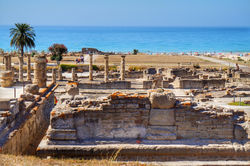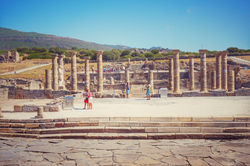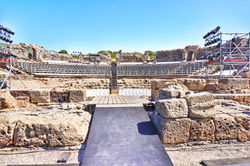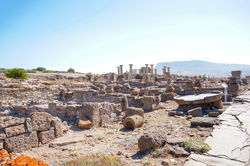
Baelo Claudia
 Przewodnik Andaluzja-Baelo Claudia |  Przewodnik Andaluzja-Baelo Claudia |
|---|---|
 Przewodnik Andaluzja-Baelo Claudia |  Przewodnik Andaluzja-Baelo Claudia |
 Przewodnik Andaluzja-Baelo Claudia |  Przewodnik Andaluzja-Baelo Claudia |
 Przewodnik Andaluzja-Baelo Claudia |  Przewodnik Andaluzja-Baelo Claudia |
 Przewodnik Andaluzja-Baelo Claudia |  Przewodnik Andaluzja-Baelo Claudia |
 Przewodnik Andaluzja-Baelo Claudia |  Przewodnik Andaluzja-Baelo Claudia |
 Przewodnik Andaluzja-Baelo Claudia |  Przewodnik Andaluzja-Baelo Claudia |
 Przewodnik Andaluzja-Baelo Claudia |  Przewodnik Andaluzja-Baelo Claudia |
 Przewodnik Andaluzja-Baelo Claudia |  Przewodnik Andaluzja-Baelo Claudia |
 Przewodnik Andaluzja-Baelo Claudia |  Przewodnik Andaluzja-Baelo Claudia |
 Przewodnik Andaluzja- Baelo Claudia |  Przewodnik Andaluzja-Baelo Claudia |
 Przewodnik Andaluzja-Baelo Claudia |  Przewodnik Andaluzja-Baelo Claudia |
 Przewodnik Andaluzja-Baelo Claudia |  Przewodnik Andaluzja-Baelo Claudia |
 Przewodnik Andaluzja-Baelo Claudia |  Przewodnik Andaluzja-Baelo Claudia |
 Przewodnik Andaluzja-Baelo Claudia |  Przewodnik Andaluzja-Baelo Claudia |
 Przewodnik Andaluzja-Baelo Claudia |  Przewodnik Andaluzja-Baelo Claudia |
 Przewodnik Andaluzja-Baelo Claudia |
Who would have thought that in Spain we would find a substitute for Rome. Baelo Claudia is the best-preserved ruins of the Roman city in Andalusia, located right next to the beach of Bologna , showing the whole organization of the ancient city, along with its buildings.
Built in the Phoenician enclave, the beginnings of the city date back to the 2nd century BC and from the beginning it was of strategic importance in the development of trade with the largest cities in North Africa. Thanks to fishing and trade in the famous "garum" fish sauce -
obtained made of fermented fish, with a distinctive taste and not very pleasant smell basic ingredient exquisite cuisine ancient Rome - caused the enormous development of the city to such an extent that Emperor Claudius in In the 1st century AD he elevated the city to rank municypium.
Unfortunately, in the 2nd century AD, the city was destroyed as a result of an earthquake and, despite attempts to rebuild it, it fell victim to the plundering invasions of pirates, Moors and Germans several times, without gaining its original splendor. In the 7th century AD it was finally abandoned. Covered with dunes and a layer of sand forgetting until the beginning of the 20th century, when in 1917 the French scientist Pierre Paris began the first archaeological work.
The ruins of Baelo Claudia are the most characteristic example of Roman urban development on the The Iberian Peninsula, and above all, the best preserved in this territory. Down today they have survived because the remains of houses, streets, a forum, a basilica, a court curia, a theater bathhouse and four temples - goddess Isis,
and Junons, Jupiter and Minerva, the so-called Capitoline Trinity.
Today, the remains of ancient architecture can be visited for free. Available to tourists is both a museum presenting the history of the city, discovered ceramics, statues, as well as presenting the history and photos of archaeological excavations, as well as the ruins of the city on a beautiful Atlantic Ocean background and Playa de Bolonia.
Going to Tarifa or Bologna beaches be sure to visit this place, you will be surprised by the history, views, brilliantly preserved riune, thanks to which probably everyone realizes how Andalusia was then of strategic and important importance at that time.
Address: Ensenada de Bologna, pp. 11380 Tarifa (Cádiz)
Opening hours:
from 1 January down March 31 and from September 16 to December 31
Tuesday - Saturday from 9:00 a.m. to 6:30 p.m.
Sundays and public holidays from 9:00 am to 3:30 pm
from April 1 to June 15
Tuesday - Saturday from 9:00 a.m. to 20:30 Sundays and holidays: from 9:00 a.m. to 3:30 p.m.
from June 16 down 15th of September
from Tuesday to Sunday and public holidays from 9:00 a.m. to 3:30 p.m.
Mondays: closed